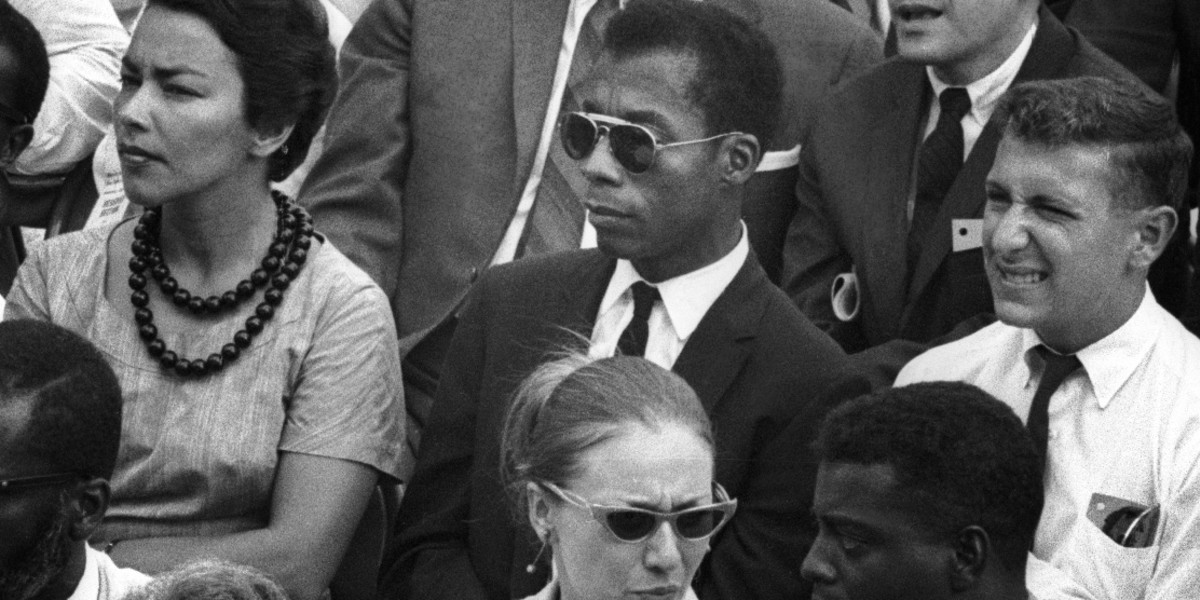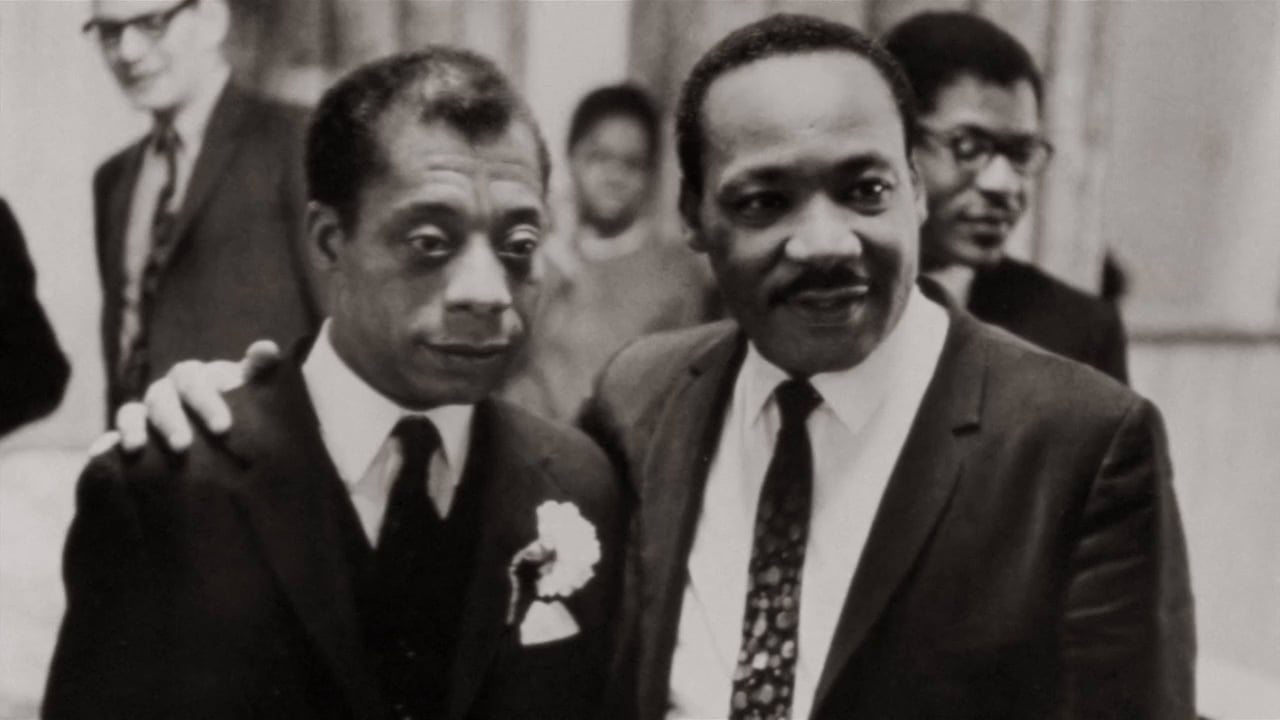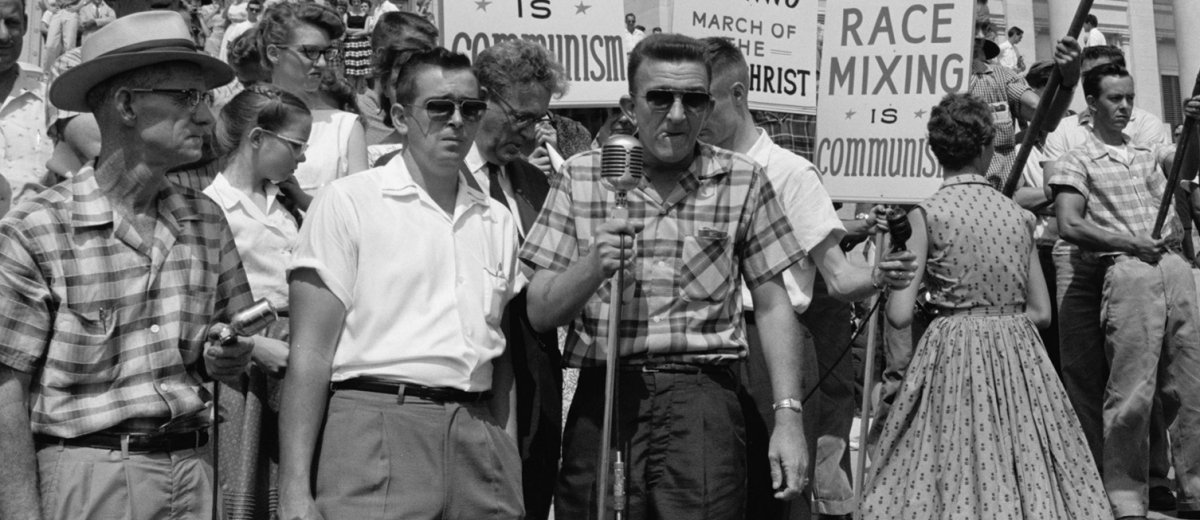 Directed by Raoul Peck
Rated PG-13
Reviewed by James Rosario on February 22, 2017
Directed by Raoul Peck
Rated PG-13
Reviewed by James Rosario on February 22, 2017

You’re unlikely to find a more powerful and beautiful film, documentary or otherwise, than
I Am Not Your Negro. I went to see it with my 15-year-old son, who was both inspired by, and in awe of, the power of James Baldwin’s words. I was too. It's fascinating to hear the English language spoken so eloquently and bravely, but then immediately troubling when the realization hits you that, even though these words were uttered 40 years ago, they still apply today. White people take note (myself and my son included): We have some work to do, and if you need help on where to start, this film is a great starting place and Baldwin is a great guide.
Raoul Peck’s film isn’t quite a documentary, but isn’t quite an adaptation either. Culled from an unfinished book—to be titled
Remember This House—about the lives and deaths of three of the civil rights movement’s largest figures (Medgar Evers, Malcolm X, and Dr. Martin Luther King, Jr.)
I Am Not Your Negro takes us on a journey through history with Baldwin’s own words (as read by Samuel L. Jackson) as our roadmap. Baldwin only finished 30 pages of notes for his book, and it is from these that the narration is taken. Peck also pulls footage from all sorts of obscure and radically different sources. Hollywood films that influenced a young Baldwin, archival newsreel footage of both riots in Watts and Oakland that are brilliantly set against complacent white America having picnics and dancing, propaganda-like advertisements, and damning F.B.I. memos declaring Baldwin as dangerous are all used to maximize the dichotomy of the American Dream. There’s not a single talking head to be found in the film, and no questions were asked to anyone or by anyone. It’s all mined from Baldwin’s fascinating words. The imagery Peck has chosen to accompany these words is nothing short of stunning. It is beautifully and brilliantly executed.

The documentary form usually serves one of two purposes. In general, it will either attempt to change your mind about a certain subject, or it will reinforce ideals, beliefs, or practices that you already uphold. This film is unique in that, I believe, many white viewers will go into the theater with the idea that they will be experiencing the latter, but will find themselves experiencing the former. I have no doubt that the people who
need to see this film will refuse to, or will never even hear of it because their cable news is turned up too loud, so I'm speaking to those that are going to see it. Even from the grave, Baldwin has a gift for making those of us who think that we couldn’t possibly be part of the problem realize that, well, maybe we are, and we should do something about that. He dares us to look at ourselves, and states that “You don’t know what’s happening on the other side of the wall because you don’t want to know,” and he’s right. He’s speaking about white America’s apathy and willful ignorance towards systematic oppression. He’s telling the white audience that bumper stickers aren’t enough.

America needs this film right now.
You need this film right now. I hope these types of films continue to be made until they are no longer necessary, and I suspect that they will be. This isn’t the first extremely potent documentary—or narrative for that matter—to come out recently, and I know it won’t be the last. There’s something to be said for a film that both reinforces your beliefs, and successfully challenges you to improve on your actions at the same time. It’s quite a feat. Take your kids and take your parents, and then talk to them afterwards. This is important stuff so listen up.
I Am Not Your Negro is playing at
Grail Moviehouse.
For more film reviews, plus record reviews, podcasts, and more, please visit
THE DAILY ORCA.